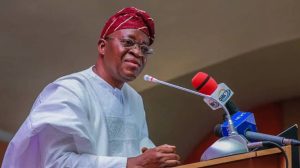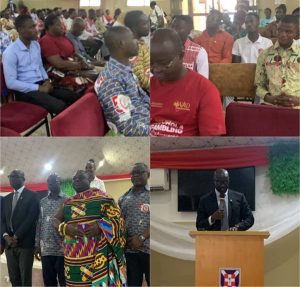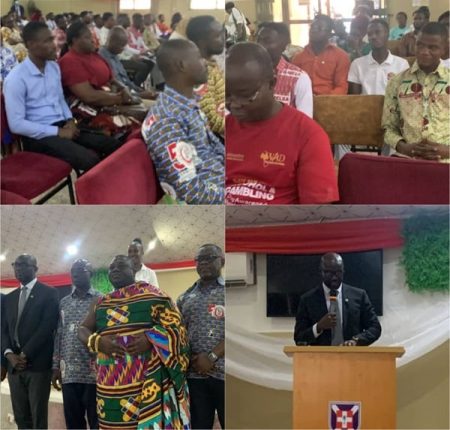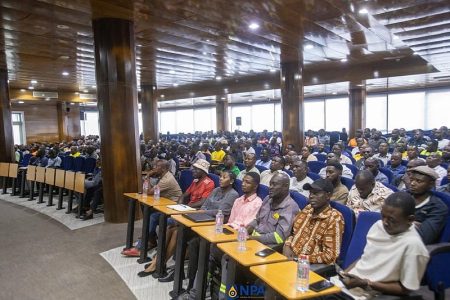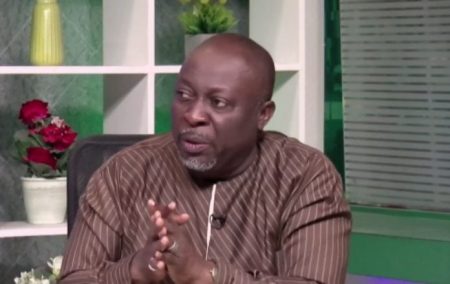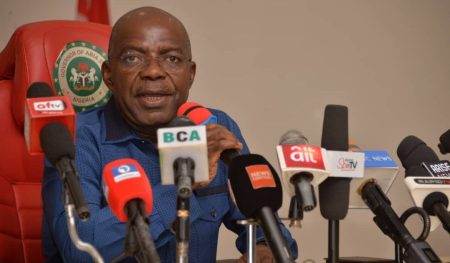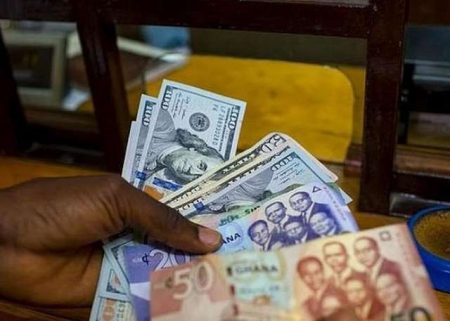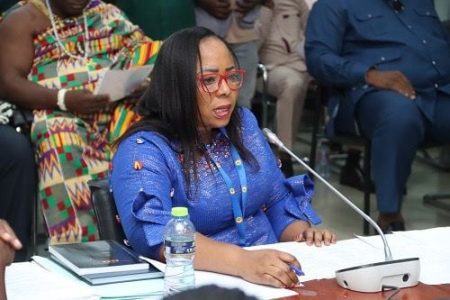The narrative begins with a seemingly mundane office scene, Nana struggling with computer files and her colleague offering encouragement. This quickly shifts to the narrator, Eric, experiencing a profound emotional crisis in his car. The weight of various anxieties, from fear of deportation and the plight of incarcerated friends to a general sense of unease about the future, overwhelms him, culminating in a physical collapse. This seemingly ordinary Monday morning descends into a personal abyss, highlighting the fragility of emotional well-being and the unexpected turns life can take. The bustling office scene serves as a stark contrast to Eric’s solitary struggle, emphasizing the isolation he experiences within his own anxieties.
The narrative then introduces Jimmy, Eric’s landlord, whose simple act of checking on him becomes a pivotal moment. While Jimmy’s concern represents a basic human connection, it throws Eric’s internal turmoil into sharper relief. Eric’s subsequent reflection reveals the depth of his despair, describing his state as standing between life and death. His experience with medical institutions further underscores his isolation. Rejection by hospitals and the reluctance of doctors to treat him leave him feeling abandoned and vulnerable, intensifying his sense of being in the “shadow of death.” This experience highlights the potential gaps in healthcare systems and the emotional toll of feeling neglected during a time of crisis.
Eric’s physical deterioration mirrors his emotional state. The loss of blood, dehydration, muscle aches, and joint pain become physical manifestations of his deeper struggles. He confronts the ultimate fear: premature death, unfulfilled dreams, and a life left unaccounted for. This fear prompts a desperate prayer, a plea to God for a second chance. The prayer itself is deeply personal, echoing the biblical account of Hezekiah’s extended life and expressing a willingness to dedicate his life to God in exchange for healing. This moment of desperation becomes a turning point, marking a shift from despair to a desperate hope for divine intervention.
The narrative then expands beyond Eric’s individual experience to encompass the collective response of his community. The church prays, friends express their anguish, and mothers weep, creating a sense of communal support and shared concern. This portrayal highlights the power of collective prayer and the comfort found in shared vulnerability. The narrator then introduces a biblical quotation from Luke 7:13, “My son, weep not,” signifying a divine message of comfort and hope. This intervention signals a shift in Eric’s narrative from despair to restoration.
The narrative then describes Eric’s recovery as a divine miracle. Health is restored, life is reversed, and Christ is presented as shining through the darkness. The psalmist’s words, “Yea, though I walk through the valley of the shadow of death, I will fear no evil,” become a testament to Eric’s renewed faith and sense of protection. The narrative emphasizes the Lord as a “strong tower” and a source of safety, underscoring the theme of finding refuge and strength in faith. The contrast between the “wages of sin” being death and the “gift of God” being eternal life further reinforces the narrative’s focus on spiritual redemption.
The concluding paragraph broadens the message beyond Eric’s personal experience, addressing the reader directly and emphasizing the inherent uncertainty of life. While life offers no guarantees of tomorrow or the next moment, the narrative offers the reassuring presence of a “Faithful One” who remains constant. Trusting in God’s faithfulness becomes a symbol of hope and the assurance of never walking alone. Jesus is presented as shining in the face of death, offering ultimate victory over uncertainty. The narrative concludes with a message of encouragement to the reader, emphasizing the potential for overcoming personal struggles through faith and trust in a higher power. The final sentence, “And you, my friend, shall win the battle against uncertainty,” offers a message of hope and empowerment in the face of life’s unpredictable nature.



